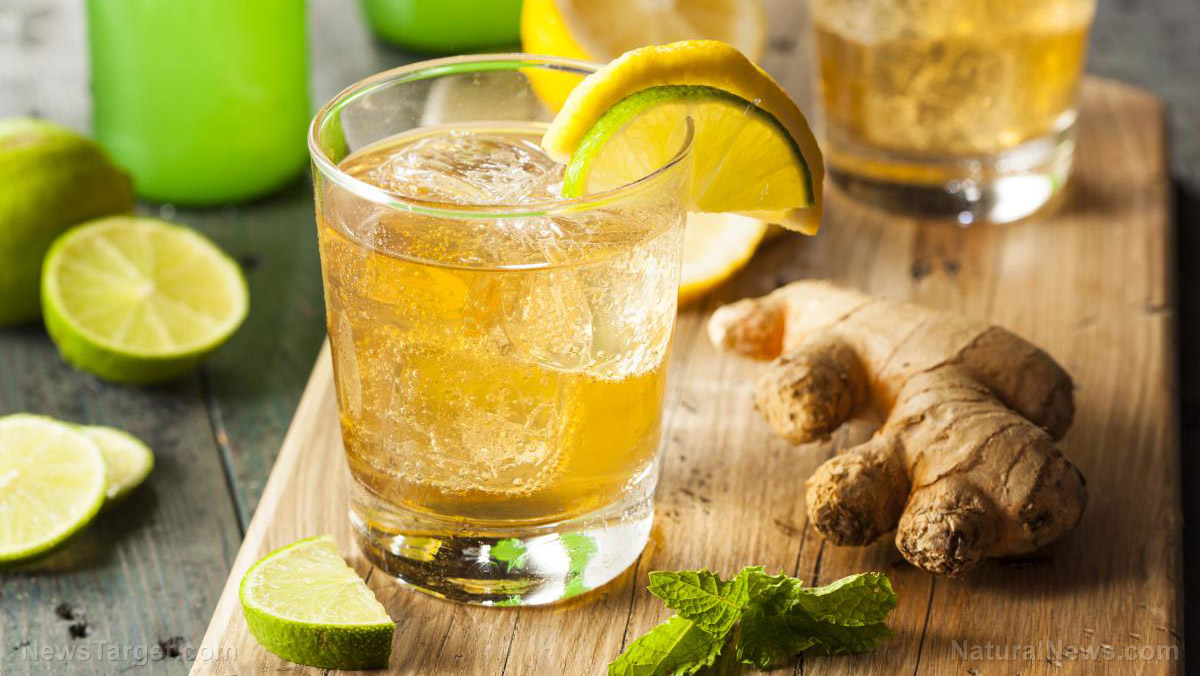
Advertisement
Type 2 diabetes, a disease characterized by impaired insulin production and increased insulin resistance, is considered one of the fastest growing diseases worldwide. Despite its prevalence, studies have shown that this type of diabetes can be prevented. In fact, certain edible plants possess medicinal properties that can help people avoid developing Type 2 diabetes.
One example of a plant with anti-diabetic properties is Synsepalum dulcificum, a shrub native to West Africa. While its berries, also known as the “miracle fruit,” contain a protein that can make sour foods taste sweet, its leaves contain an abundance of plant compounds that can help prevent diabetes. These beneficial compounds, collectively known as flavonoids, are all well-known antioxidants that can also regulate blood sugar levels. Research suggests that the flavonoids obtained from consuming edible plants can protect the body against harmful free radicals and reduce the risk of diabetes.
Leaf extracts lower blood sugar and bad cholesterol levels
In a recent study published in Journal of Ayurveda and Integrative Medicine, Nigerian researchers confirmed the anti-diabetic potential of S. dulcificum leaves. Using an extract initially obtained with the solvent methanol (MSD), they further isolated a flavonoid-rich mixture (FSD) and tested both extracts on diabetic rats.
The researchers used a total of 63 rats for their experiment. They randomly distributed these rats into nine groups, with groups 1 and 2 designated as the normal and diabetic controls, respectively. To induce Type 2 diabetes, they gave groups 2 to 7 fructose and the drug streptozotocin prior to treatment with S. dulcificum leaf extracts (except for group 2). Groups 3 to 6 received varying concentrations of MSD and FSD, while group 7 received the hypoglycemic (blood sugar-lowering) drug, glibenclamide. Groups 8 and 9, meanwhile, had only healthy rats and received only MSD and FSD, respectively.
The researchers found that treatment with S. dulcificum leaf extracts significantly lowered the glucose levels of diabetic rats. At the end of the study, they reported that MSD- and FSD-treated rats had almost the same blood glucose levels as the healthy rats. In addition, MSD and FSD also lowered the levels of enzymes used to evaluate liver function. High levels of these enzymes usually indicate liver disease or liver damage in humans.
The researchers also found that treatment with both extracts prevented kidney damage. By lowering the blood sugar levels of diabetic rats, MSD and FSD protected their kidneys from the harmful effects of prolonged hyperglycemia (high blood sugar). In addition, MSD and FSD helped improve insulin resistance and lower the triglyceride and bad cholesterol levels of diabetic rats. According to the researchers, these effects not only help prevent Type 2 diabetes, they also reduce the risk of cardiovascular disease.
Using medicinal plants like S. dulcificum is a good way to prevent the development of chronic diseases like Type 2 diabetes. Not only are these natural medicines as effective as modern medications, they also cause very few to no adverse effects. This study by Nigerian researchers prove that it’s possible to prevent potentially life-threatening diseases in a safer, more natural way.
Sources:
Advertisements







